(Estimated reading time: 2 minutes)
Computerized Adaptive Learning (CAT) is a method of administering examinations. It combines the power and speed of current computer technology with modern measurement theory. With Computerized Adaptive Learning (CAT), each candidate’s test is unique; its design is interactive as the individual takes the test.
As the candidate answers each question, the computer calculates an ability estimate based on all earlier answers. The test administration software then identifies the content area for the next item. Next, the software scans through available items within the identified content area for an item that has a degree of difficulty sufficient to give the candidate approximately a 50% chance of answering it correctly.
This item is selected and presented to the candidate on the computer screen. This process repeats for each item, creating an examination tailored to the individual’s ability level, while fulfilling all NCLEX test plan requirements. The examination continues until it determines a pass-fail decision.
Report on the candidate’s performance on the NCLEX examinations is only as a pass-fail decision. Reporting of scores is unavailable. As a result, almost all the statistics presented here are pass rates or statistics based upon a pass-fail decision.
The examination could end at any time. After the candidate answered the minimum number of items, it is important that it meets the test plan specifications throughout the entire test.
Source: https://www.ncsbn.org/13732.htm
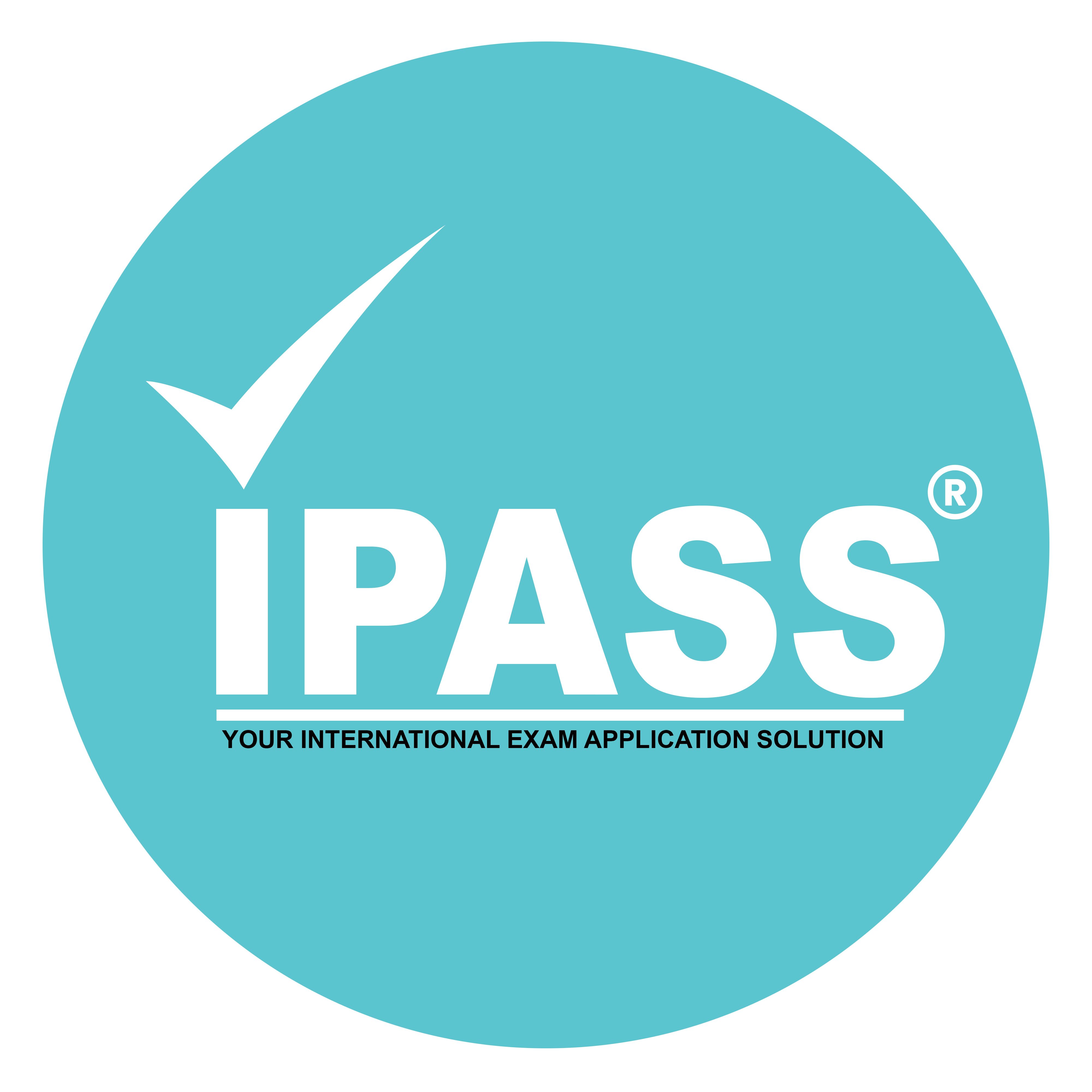






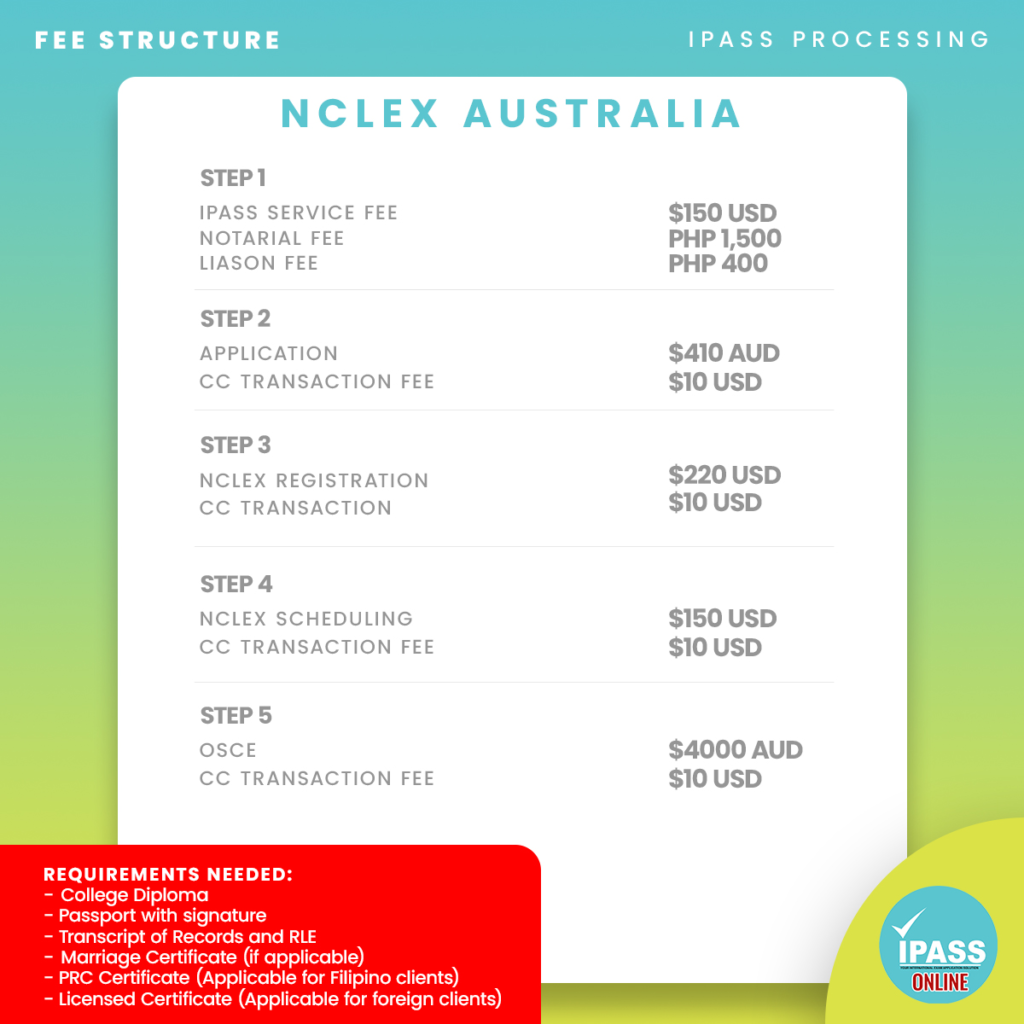
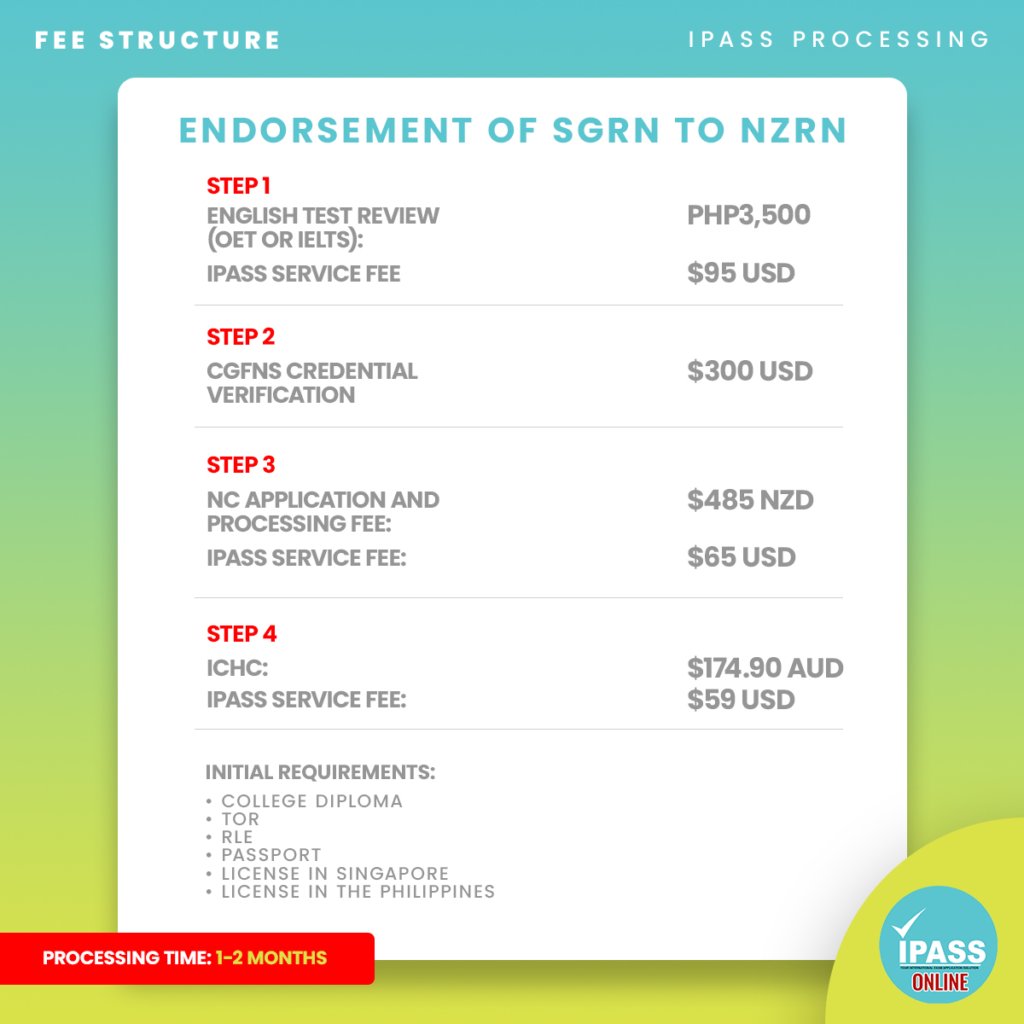
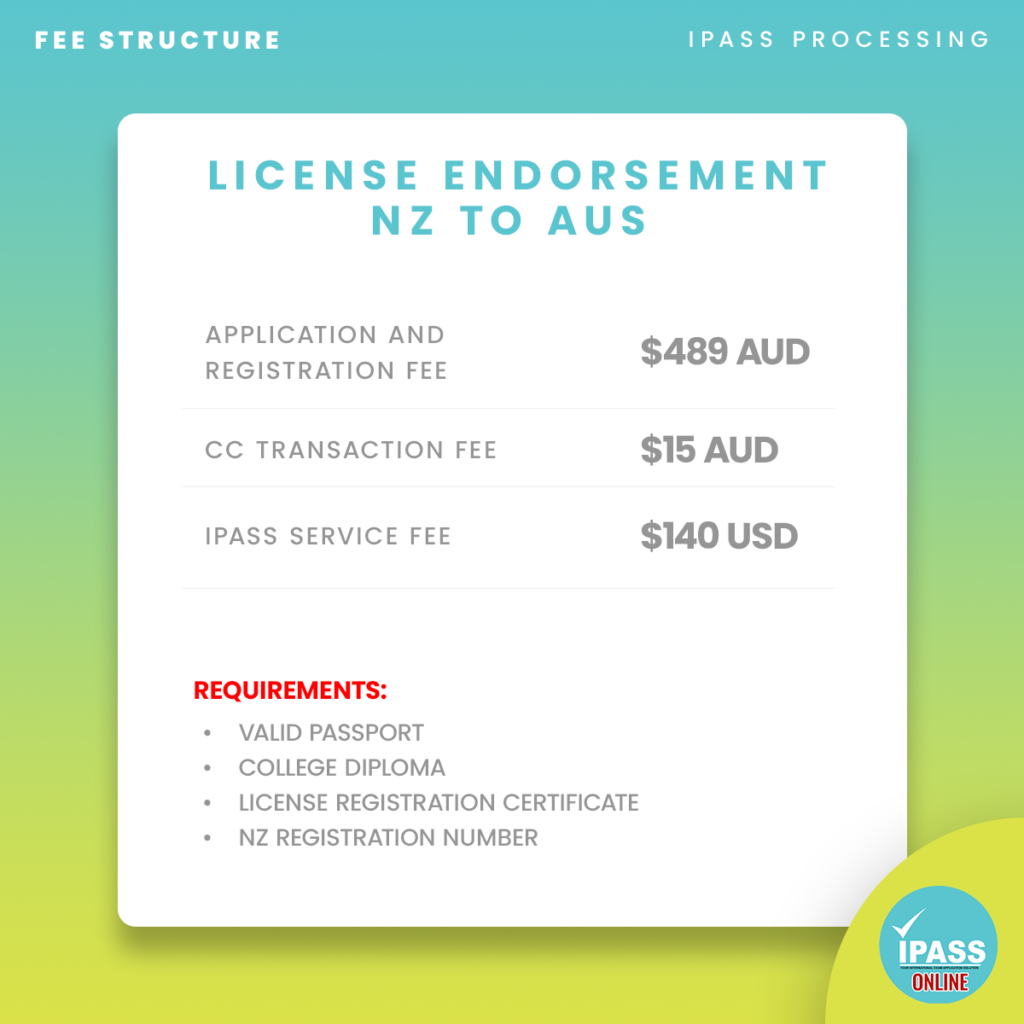
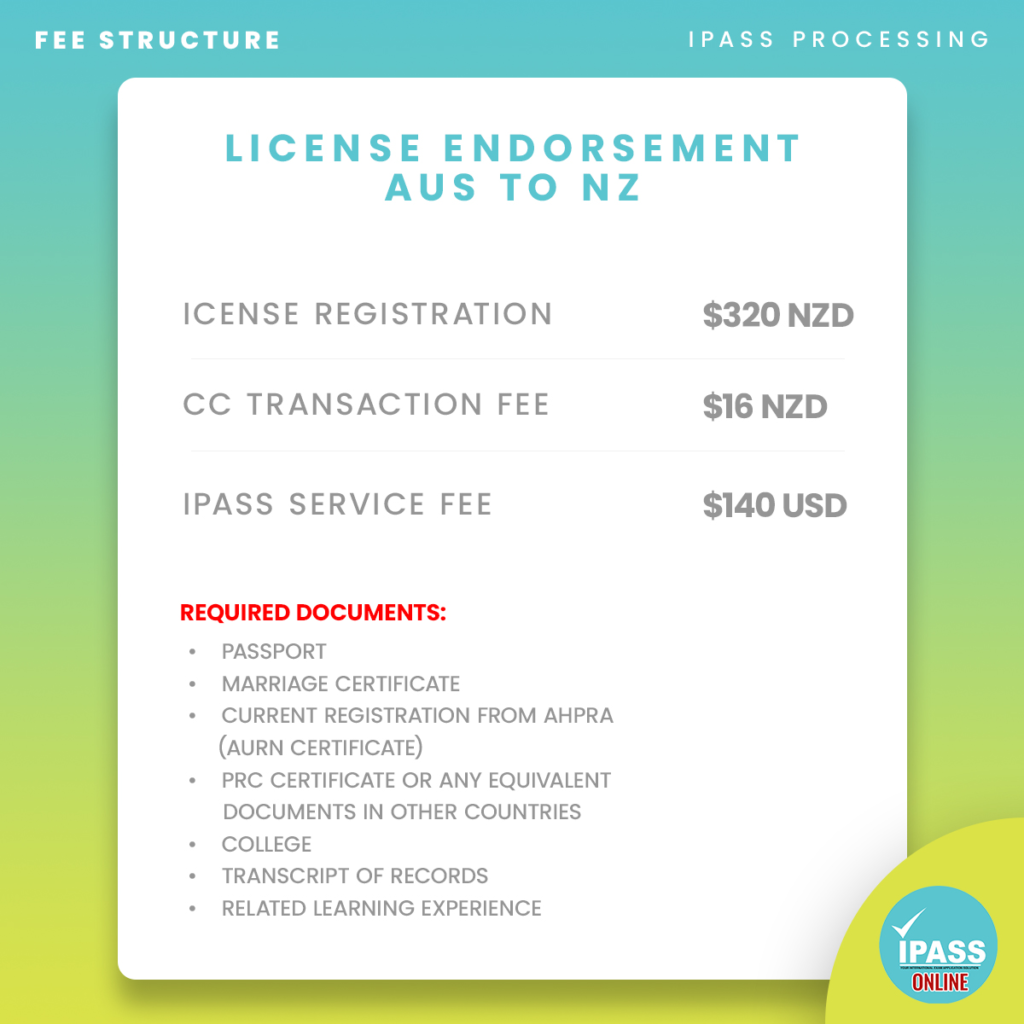
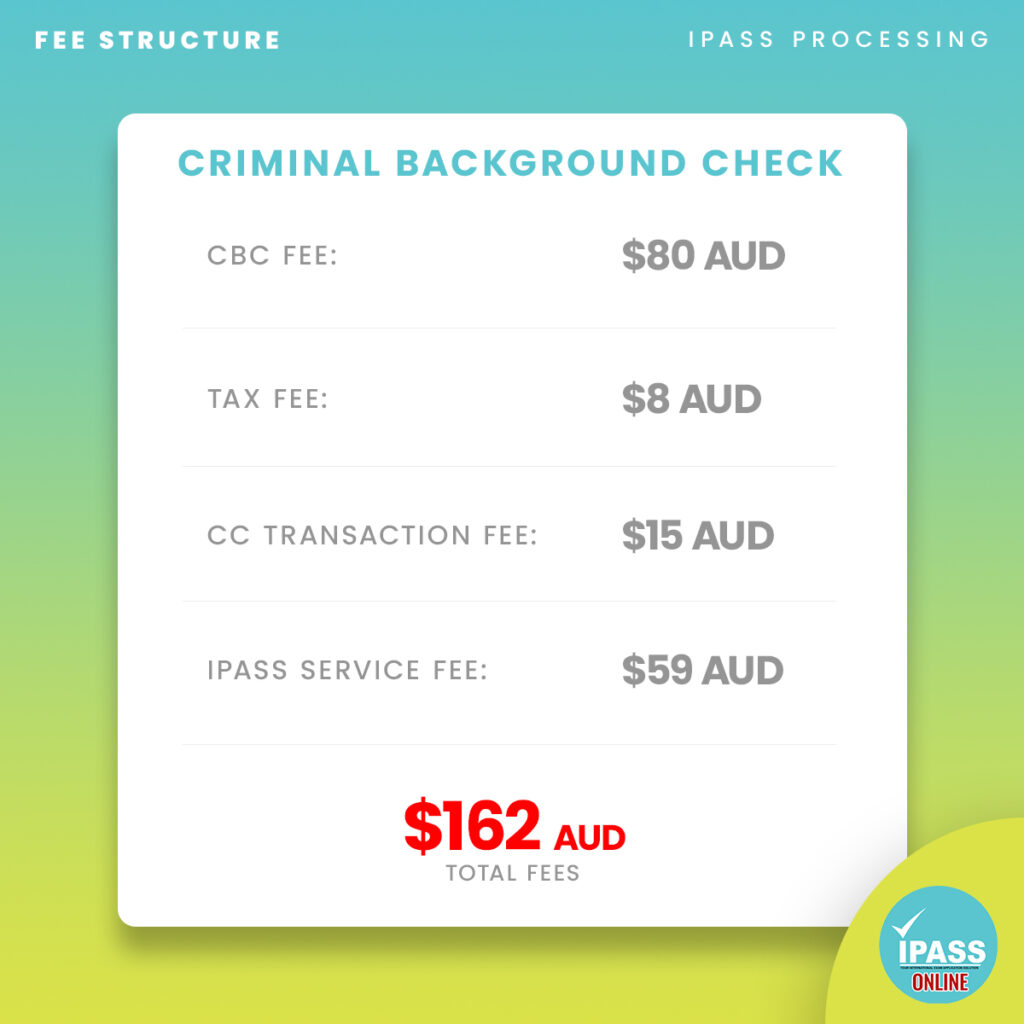
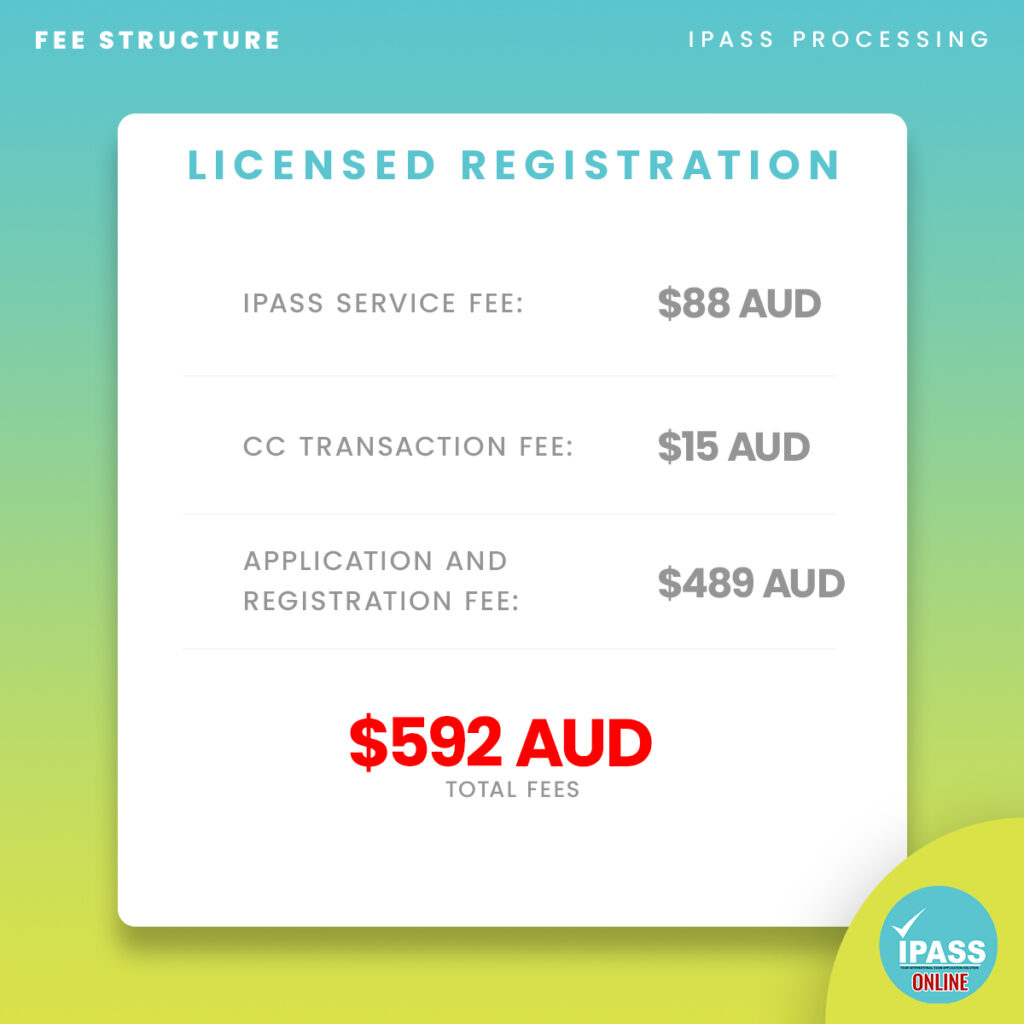

No Comments